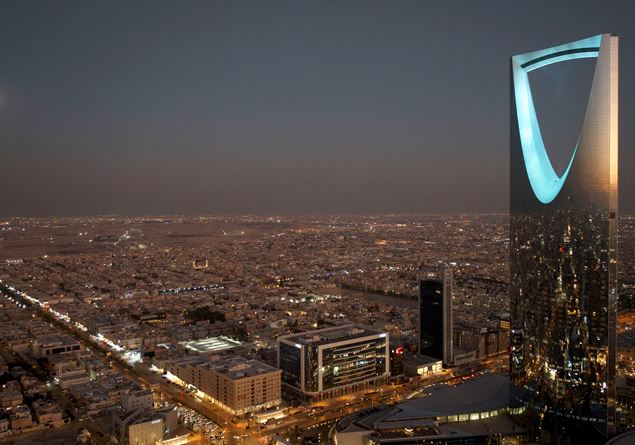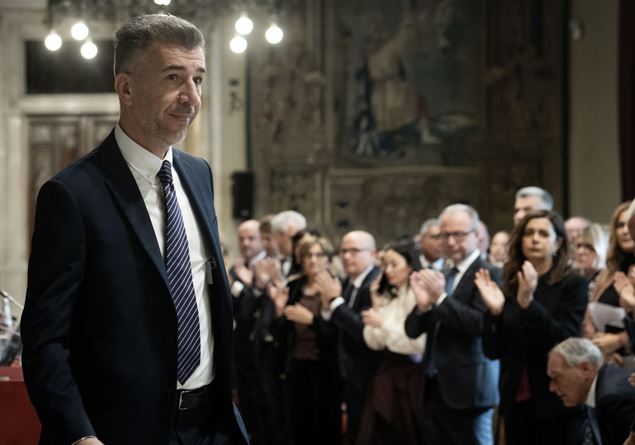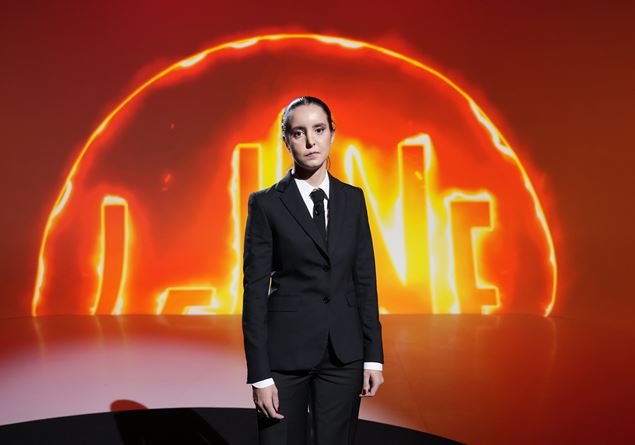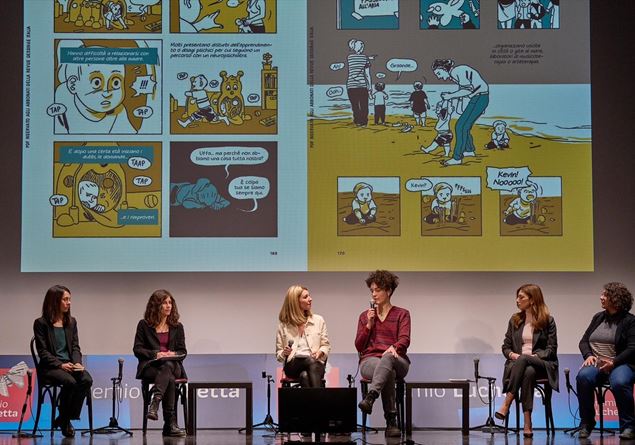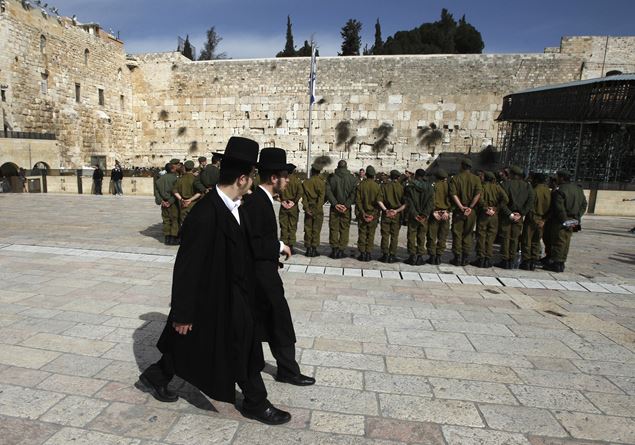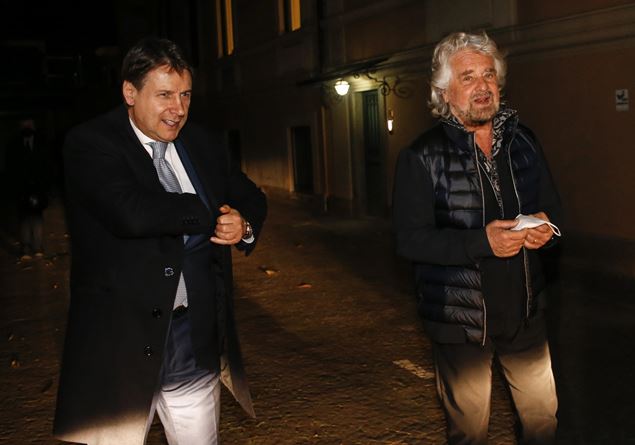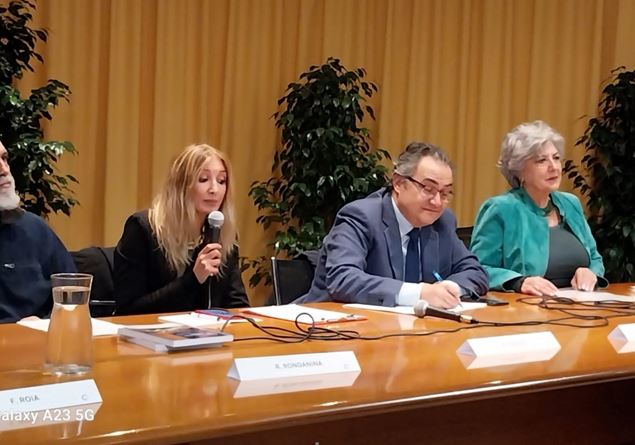
Conflict mediation, a hot topic that is increasingly talked about both in legal classrooms and in civil society, has earned a place of honor within Bookcity with a meeting at the Milan Municipality’s Lawyer’s Office. High profile speakers for a profound reflection on the institute, but above all training interventions that have opened up new viable paths.
At the center, the book The meaning of conflict mediation. Between law, philosophy and theology (Giappichelli), by Roberto Bartoli, Luciana Breggia, Pietro Bovati, Letizia Tomassone, edited by Maria Martello, former honorary judge at the Court of Appeal of Milan, trainer and advocate for more than thirty years of the philosophical-humanistic method for the resolution of individual conflicts, which, at the beginning, launched the idea of a permanent symposium: «If we discover that we like this new hypothesis of doing justice to the person, we will have to transform this meeting into the first permanent symposium, a laboratory to continue to monitor and supervise what happens around mediation, to prevent this great opportunity for improving society from being stolen from our hands.” Then the thrust: «There are two wounds to heal. First of all, it is a cultural damage and it is not in the logic of mediation to divide it into application areas. The second is that enough thought has never been given to the mediator training model.” With a dream: «That, in addition to the mediator in all areas of litigation, we become a people of mediators. If the school really carried out a relationship training project for our children from the earliest years, and I tell you this on the basis of an experience monitored here in Lombardy in a second grade, we would not only have more balanced and internally richer people, of students with more developed cognitive abilities than others”.
Fabio Roia, president of the Milan court, endorses Maria Martello’s reminder of the importance of the Jewish Sabbath: «We sometimes stop on Saturdays to plan the week, not to look at what we have done. This reflection that we encounter in the book is very important because, if we want to put the person at the center of the universe, of conflict, of relationships, we need these moments where we stop to think about what we have built, what damage we may have caused with this anxiety about performance.” He continues: «Reading the book I discovered a completely new figure of the mediator, who is not called upon to apply only the law, but a humanistic-philosophical statute of mediation which seeks to put the person at the center instead of the quantum, of the controversy as an end in itself itself. We have always thought of the mediator as a figure who could intervene in the statistical reduction of conflicts, as a sort of weakener of the numbers of proceedings pending before the various judicial bodies. In Milan this year we had only 5% of cases resolved through mediation out of approximately 60 thousand proceedings received by the court in all the different branches. Too little: I believe there is a problem of non-recognition of the mediator as a high figure, an alternative to the judge. I believe that the person involved in a dispute wants the judge as an expression of power, in this judicial case, rather than a mediator who he does not recognize as an expression of power. The wise man does well to base himself on the Cartabia reform which has increased the need to introduce mediation as a precondition for the exercise of litigation, and places it as a completely different type of justice with equal dignity, not a crutch of the first. We need this.”
For the jurist Gian Luigi Gatta: «The book we are talking about today has as its main merit the idea of addressing the topic of mediation from an interdisciplinary and transversal perspective. Mediation has made its way and is making its way. We are in a period in which there has recently been an important regulatory recognition with the Cartabia reform, which introduced for the first time an organic regulation of the matter with a text that attributes to the Ministry of Justice the task of also organizing the management of services of restorative justice. There is a need for mediation activities spread across the territory to have coordination at ministerial level. The novelty of mediation is particularly shocking in the criminal sector, traditionally a terrain of conflict and not of meeting. If it made its way into the civil sector as an alternative way of defining proceedings and to a lesser extent in the criminal sector with the institution of the justice of the peace, it has now been given even greater importance. We always think of criminal justice as a justice with the aim of punishment and instead the idea of the meeting and the narration of what happened also enhances the purpose of ascertaining the truth by the trial. In some articles commenting on the death of Licia Pinelli, who had a moment of meeting at the Quirinale with Gemma Calabresi, one of her daughters underlines how what her mother missed, more than the punishment of the guilty party, was the ascertainment of the truth” .
The professor also invites you to watch an Irish film from 2018, The meetingwhich concerns a restorative justice encounter between the victim of sexual violence and the perpetrator, where the actress playing the victim is the victim herself. And he quotes the interview given to Corriere della Sera by Francesca Girardi, one of the Unabomber’s victims, who said that what would turn everything around would be to meet him and ask him why he did it.
The theologian Roberto Rondanina, head of the Rebuilders Movement, speaks of the urgency of creating a new justice «more compliant with the authentic needs and deepest needs of the human being. And the urgency is to become more human in all our dimensions. Perpetual peace, to recall Kant, does not exist and if it did it would surprise us because we are used to conflicts. The creation of a new justice presupposes the implementation not only of new procedures but also a change in vision of the human being.” And he quotes the Golden Rule, the famous teaching of Jesus: “Whatever you want men to do to you, you also do to them: this is in fact the Law and the Prophets.”
Strong words also come from Luciana Breggia, former civil judge and President of the section of the Court of Florence: «I discovered the insufficiency of the law which proved to be a rigid system, not very suitable in many cases. Law is an anchor for building equality, but in many cases I realized that the resources each of us has were not put into play. Thanks to the legislative decree of 2010, which for the first time established a generalist system of mediation, we found ourselves exploring another world: it is from disorientation that we must overcome to achieve enrichment. Let’s try to see jurisdiction and the world of consensual justice as two intersecting circles: in this sort of almond that they form there are some common parts that are good to keep in mind because tomorrow the citizen will be able to move from one system to another without the ‘the idea that you give up on a better system.”
For Roberto Bartoli, professor of criminal law, mediation is an even broader concept than restorative justice: «It is an authentic revolution compared to criminal law, another paradigm. If punishment is violence, mediation is not, if punishment is coercion, mediation is voluntariness and spontaneity, if punishment is an institution, state, process, mediation is society, community, relationship, if punishment is a public prosecutor, lawyers, judge, mediation is author and victim in dialogue. The crime and the punishment ignore the person, mediation is a path of mutual recognition.” He concludes: «The punitive power is not in the Constitution, where freedom, rights and principles of guarantee are found: a brake on the punitive power. Mediation, for me, is at the heart of our Constitution, in article 3, paragraph 2, where it is said that it is the duty of the Republic to remove economic and social obstacles which, by effectively limiting the freedom and equality of citizens , prevent the full development of the human person. But does our punitive justice system really allow for the full development of the human person or, in reality, is it an obstacle?”
From left, Roberto Rondanina, Francesca Fiocchi, Gian Luigi Gatta and Maria Martello.
